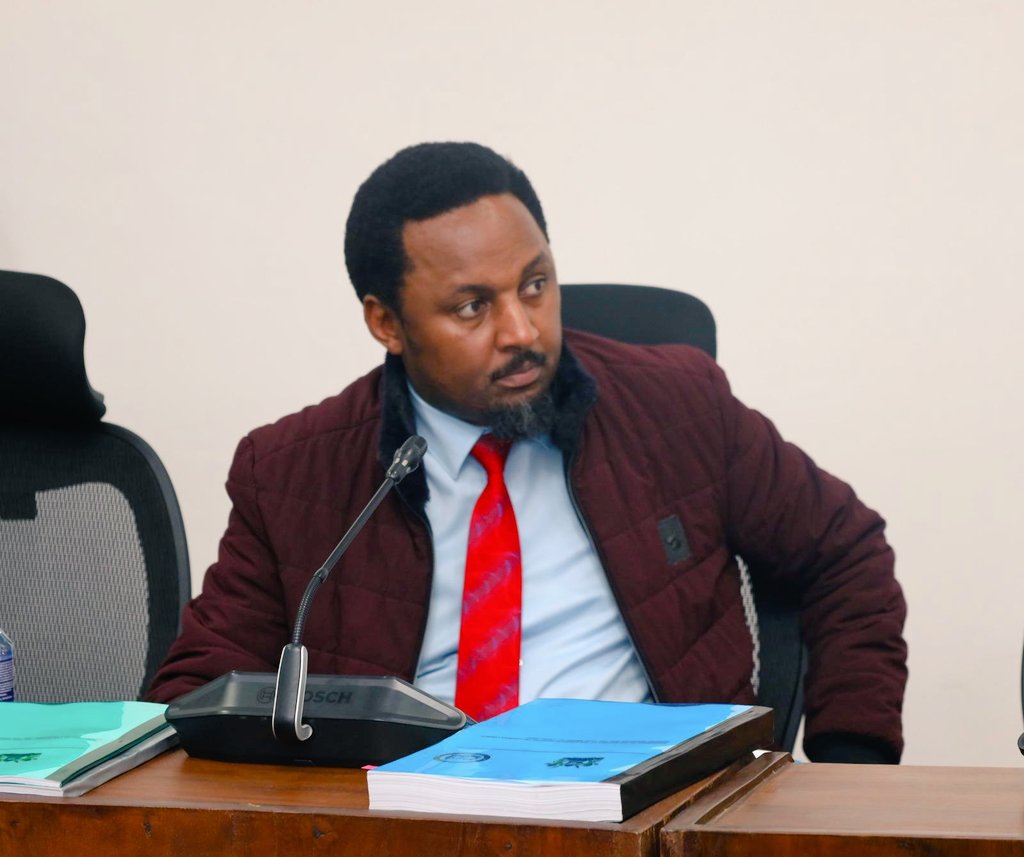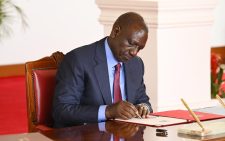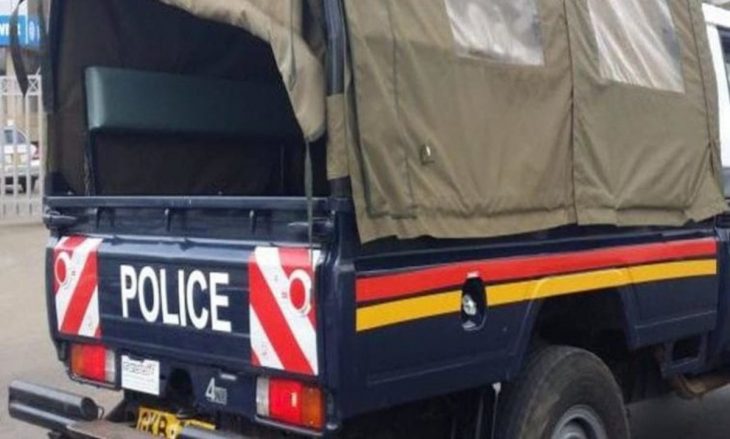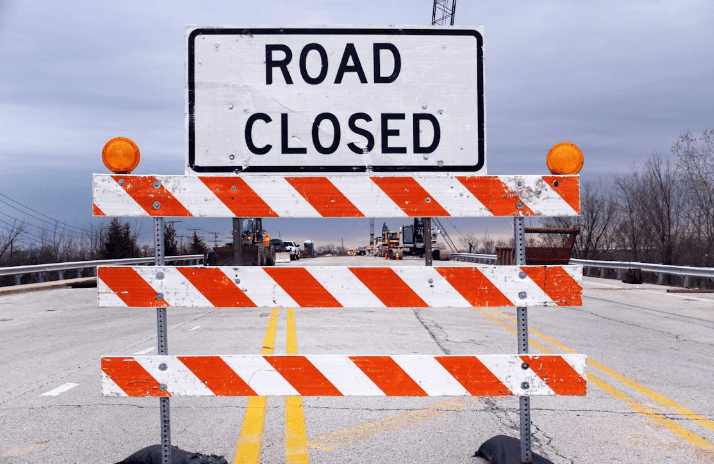Local wildlife communities bear the brunt of Covid-19
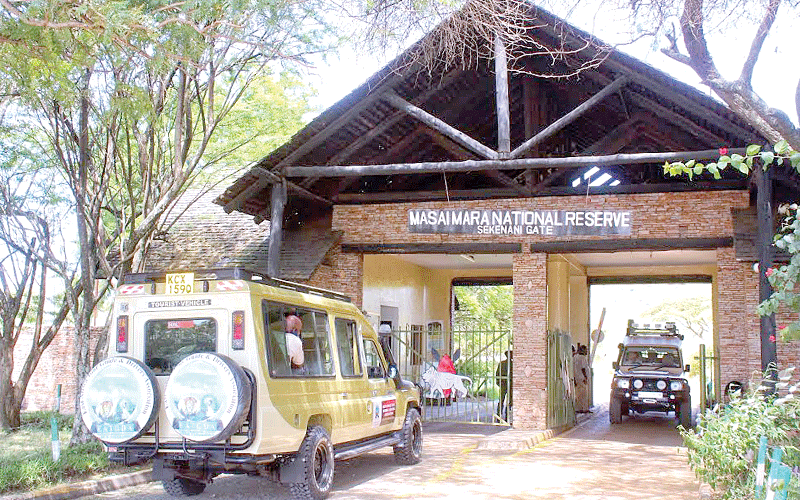
Harriet James @harriet86jim
With bated breaths, residents of Wayatara village in Masai Mara National Park conservancy watched as Safari Guides offloaded food donations from a safari land cruiser.
Unlike the past when such vehicles would come with loads of guests eager to learn about their culture, this time round, it was guests moved with compassion on their plight.
The guests were tour guides from The East Africa Tour guides and Drivers Association led by chairman Jeff Mwadime, who had come to sensitise the Masai on the new norms in tourism.
“Refrain from touching the safari vehicles when they come to the village. Ensure there is social distancing and have a maximum of six guests in the car,” Mwadime told the villagers.
The Mara has changed a lot for the past six months since the pandemic began. In an ordinary year, this time would mean the beginning of a busy month and the town would be buzzing with activities.
But now, things are different. Sammy Ole Simbai, an elder in the village confesses to have sold his cattle to feed his family.
“We cannot do farming since we share our land with wildlife. So when coronavirus struck the country, everything came tumbling down for us. Tourism is everything to us,” he says.
Community members who were employed in the camps as tour guides, cooks and other staff are now at home managing the little livestock that they possess.
And for women like Josephine Naurori, the lack of tourists means that her carefully handmade Maasai beads will not be sold.
“During high season, I would make up to Sh5,000 to Sh10,000 a day depending on the number of guests.
Now I am not making any money and I only hope that the pandemic will end soon so that our lives can go back to normal,” she laments
Costly affair
After visiting the villages, we headed to Zebra Plains Mara Camp, a small boutique luxury tented camp nestled in Masai Mara Game Reserve where we were to spend our night.
The camp, which has been in operation for four years now, is the first camp in the Mara to be opened for guests as soon as restrictions were lifted allowing for hotels to receive guests.
The owner, Alfred Korir has received a certificate of compliance after meeting new requirements set by the Ministry of Tourism such as temperature checks, sanitising booths, wearing of masks and gloves by all staff at all times.
Korir says they have also reduced their camp rates to a quarter in order to attract domestic travellers eagerly waiting for the sector to open.
However, Korir admits that things have not been easy. “It is expensive to operate the camp with all the set guidelines.
For instance, we are required to test our staff every 14 days, but the tests are expensive.
Since we have no public hospitals around here, we are using lancet laboratories and it costs me Sh9,000 to test just one staff. In a month, I spend a total of Sh72,000 ,” he discloses.
In addition to the financial challenges, Korir says he feeds his staff, pays their salaries and has to buy sanitising equipment. They are also doing a la carte instead of buffet meals, which means that more staff are required to serve.
“All these are costly, but I am trying as hard as I can to keep the camp running as it will be more expensive shutting it down and reopening later,” he saysas.
Later during a meeting with the Maasai Mara county administrator Christine Dapash, the tour guides expressed their grievances and expectations.
The guides lamented about not being recognised by the government in the stimulus package, yet they are most hit by effects of the virus.
They also expressed their desire to be part of the community scouts proposed by the government to ensuring that the animals are safe. They also expressed their concern about lack of proper infrastructure.
Dapash assured the guides that they were taking time to upgrade the infrastructure in the park, such as the roads and washrooms in preparation for domestic tourists.
“We are currently training 20 rangers on the new government regulations on tourism. We also have designated cars that will facilitate their work in the park,” she said.

